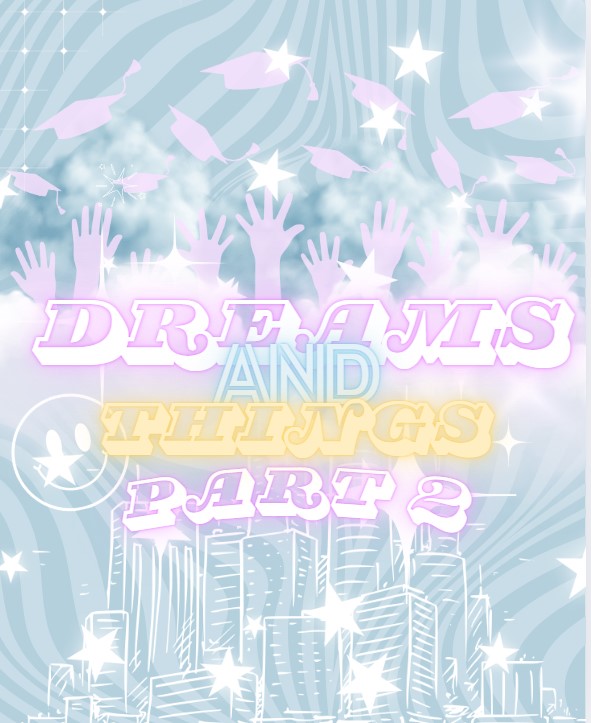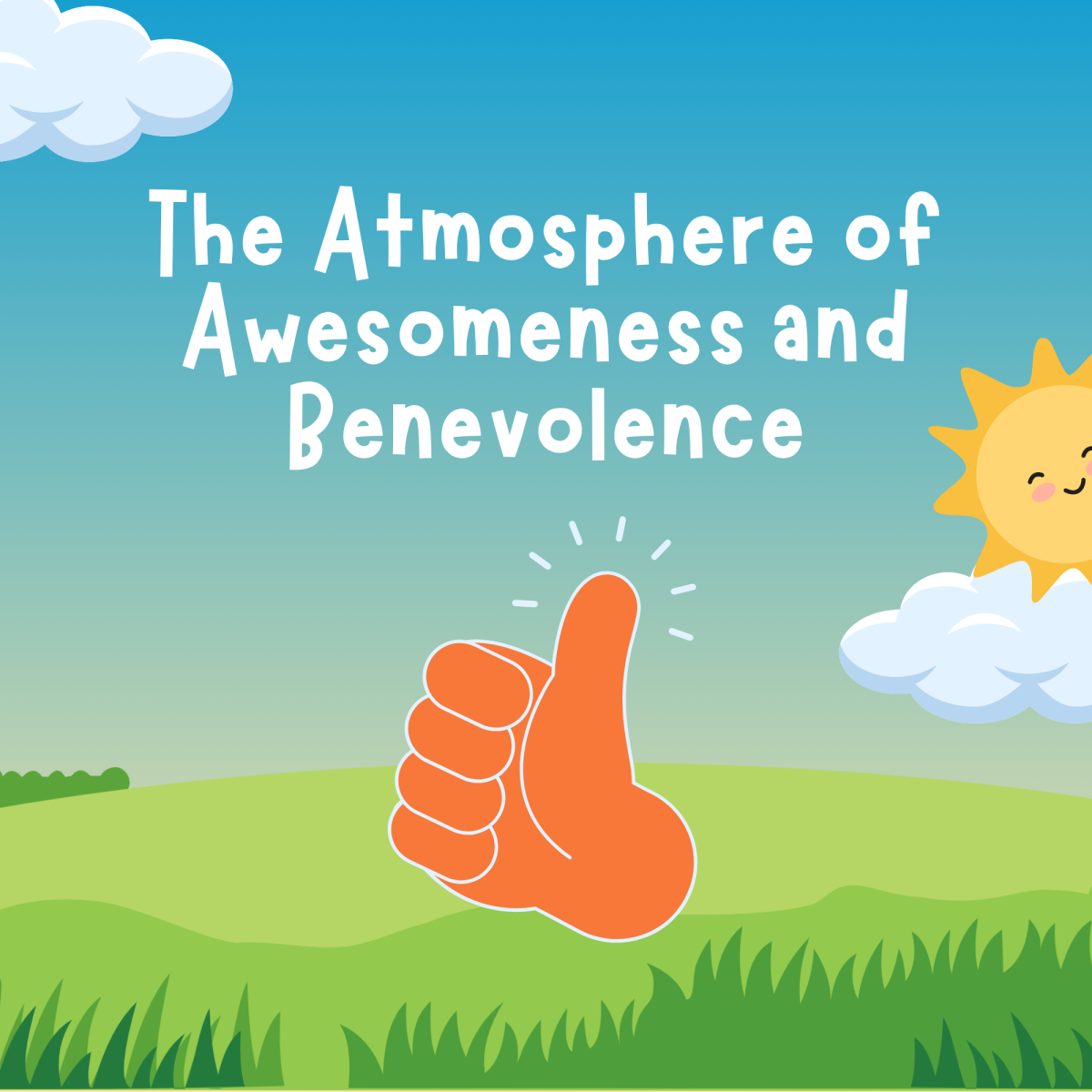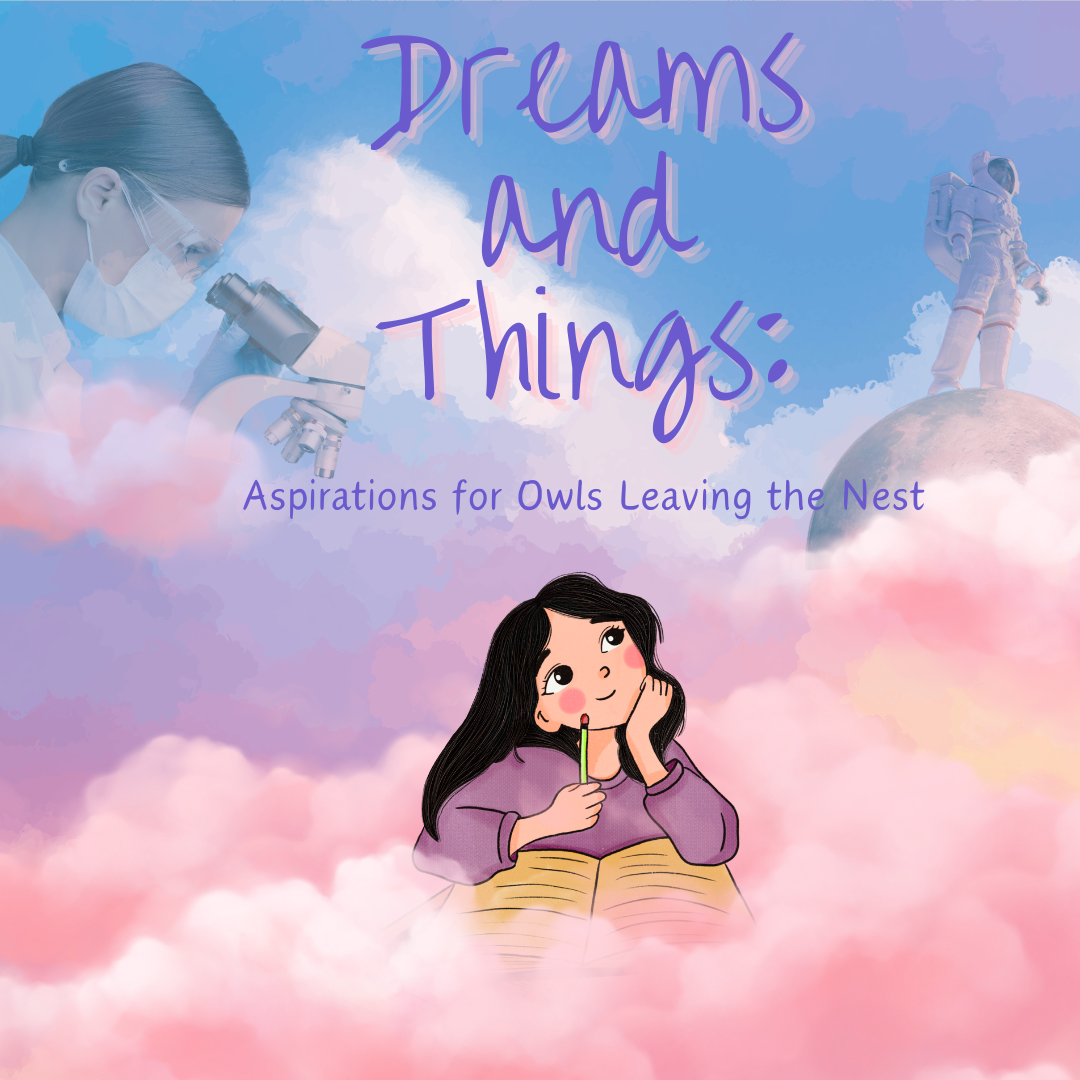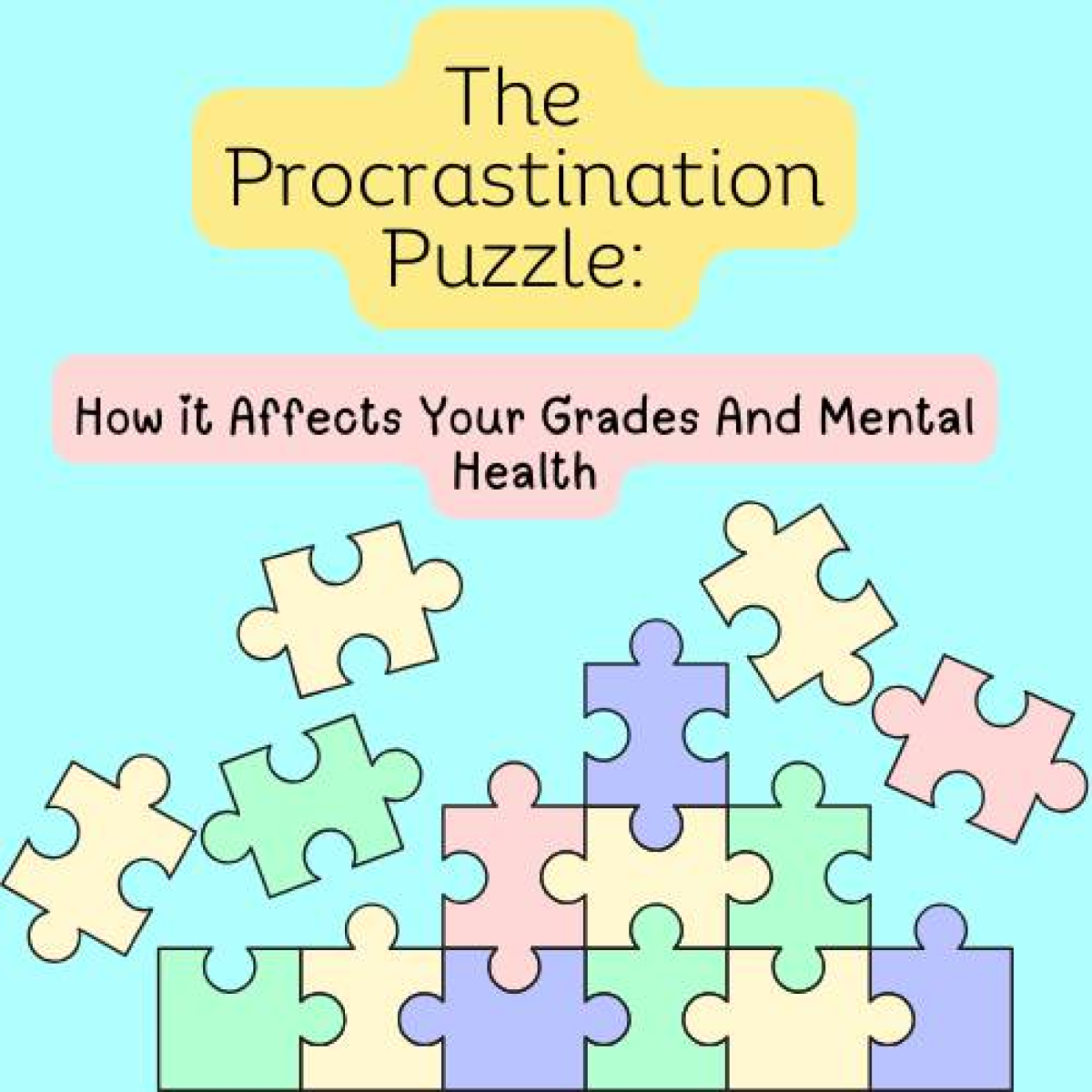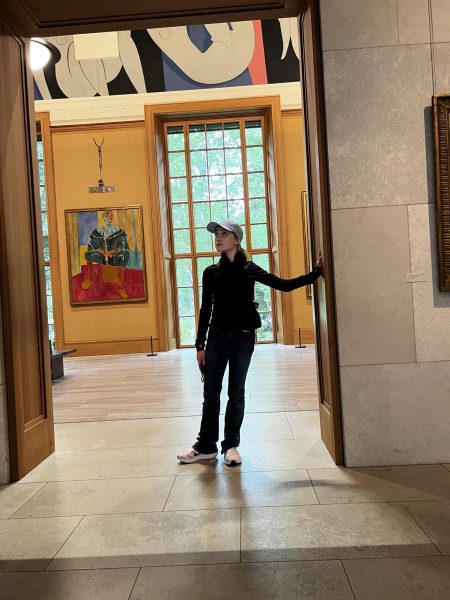Here is the long-awaited Part 2 of “Dreams and Things!” For this segment, I interviewed the amazing and wonderfully helpful iUniversity Prep’s guidance counselor Barbara Wilks! We discussed the do’s and don’ts of what students should do to prepare for applying to colleges.
First, I asked what are the most important things to do when applying to colleges. Wilks responded that before students schedule college visits, they should research which colleges have the best curriculum and environment for them. Students are likely going to spend four or more years at college so it is important that the college they choose has classes they are interested in and a campus life they can thrive in. Also, while extracurricular activities are important to highlight in a college application, Wilks mentioned that students should create a consistent theme or narrative when discussing their activities so college admission committees can readily identify applicants’ unique attributes and interests and possibly imagine how they can contribute to the school culture and student body. Wilks also urged students to take the SAT or ACT in their junior year. Taking one of these exams is extremely important because it demonstrates if students are college-ready. Without at least one of these tests, students could be placed in developmental college courses. Also, some schools require the SAT or ACT for admission. Finally, Wilks advised students to see what AP or dual credit courses might be accepted or reviewed for college credit at the schools they were applying to.
Next, Wilks discussed the don’ts of applying to colleges. First, she urged students not to wait until the last minute to secure teacher recommendations as they don’t want to miss important application deadlines. Students should make sure to cultivate relationships with faculty who can write them recommendations and speak to their strengths. Also, while financing a college degree is important, Wilks advised students not to let expenses stop them from applying to their dream colleges as they could be offered financial aid and/or scholarships. When completing their college applications, she warned that students should be honest about their activities and achievements. Students should also avoid using computer generated writing as school administrators are skillful at detecting the use of AI and might consider this practice evidence that applicants lack the necessary skills to succeed in college. Lastly, Wilks mentioned that students shouldn’t limit themselves too much in the number of colleges they apply to. Apply to a range of schools, and don’t be set on only attending one particular school.
Ultimately, while it might seem scary applying to colleges, remember you do have support. If you have questions about the college application process, reach out to your teachers and our guidance counselor Ms. Barbara Wilks. Don’t forget that this is an exciting time to get started, and DREAM BIG!


